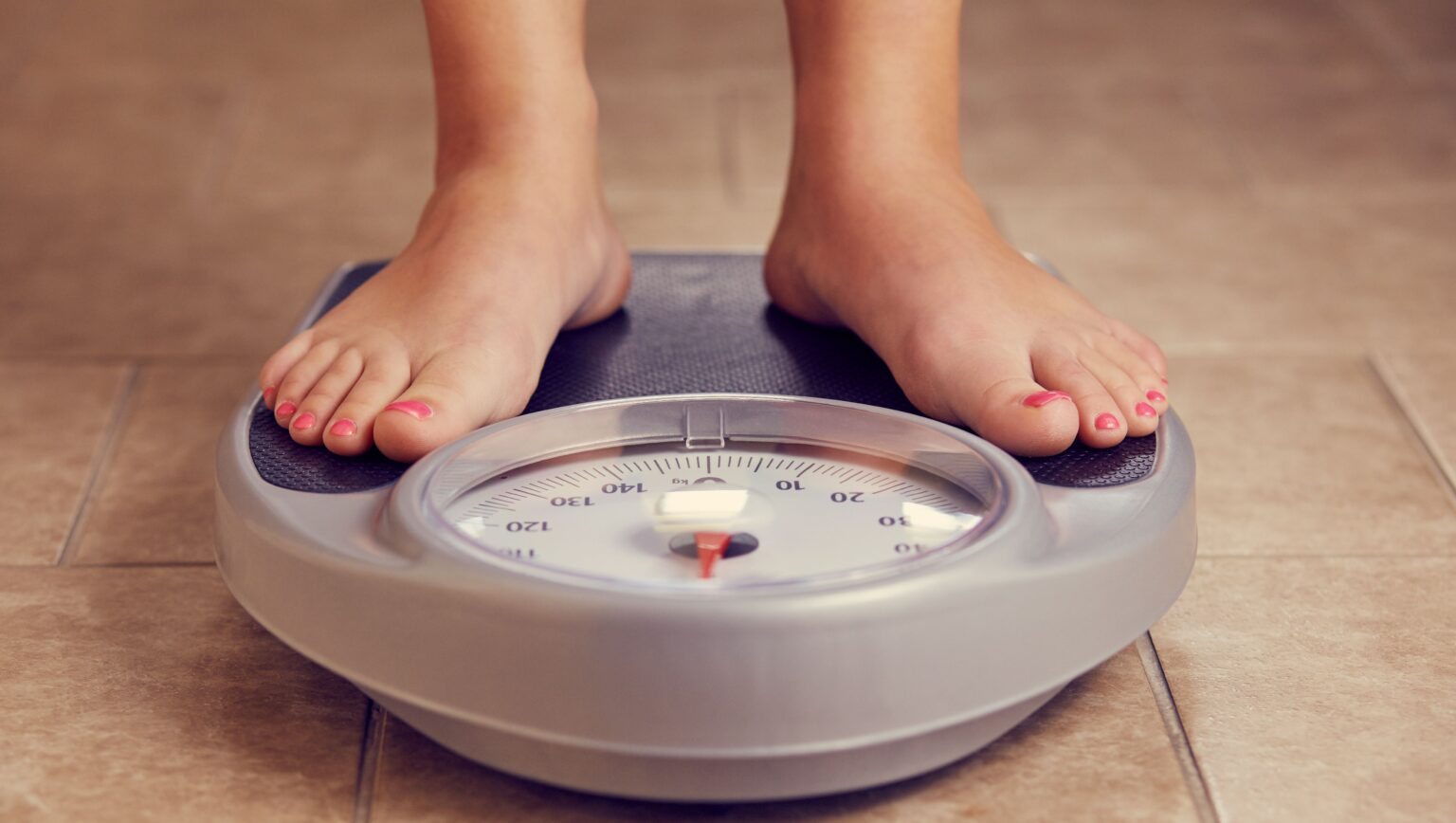People with IBS can experience some weight loss, but it isn’t an actual symptom of the disorder. Instead, it sometimes happens as these people try to manage the disorder’s triggers, including certain foods and stress, according to Harvard Health Publishing.
It’s believed that what you eat has the biggest effect on IBS symptoms, so limiting or avoiding certain foods like alcohol, caffeine, chocolate and fatty foods is suggested. Then there are the FODMAPs (fermentable oligo-, di-, and monosaccharides and polyols) — short-chain carbohydrates that may not be digested well and often trigger IBS symptoms.
Adopting a low-FODMAP diet is highly recommended. But if you’re completely eliminating certain foods and not under the guidance of a medical professional, unwanted weight loss may occur because you may be cutting too many calories unknowingly.
There’s also a psychological and emotional side to IBS that can affect a person’s weight. Some people with the condition may begin to fear food, which, according to the Anxiety and Depression Association of America, fuels social discomfort, anxiety, caution and hypersensitivity. All of this stress can aggravate IBS symptoms and could lead to weight loss if the person becomes terrified to eat.
“Often, people with IBS will avoid eating certain foods if they fear they may cause pain and discomfort. Those trigger foods vary with each individual,” says Jim White, RDN, registered dietitian and owner of Jim White Fitness and Nutrition Studios. “Stress, rather than a particular food, can also trigger pain. If a patient is under stress, they may choose not to eat as a pain-avoidance mechanism.”
Read the full article here




